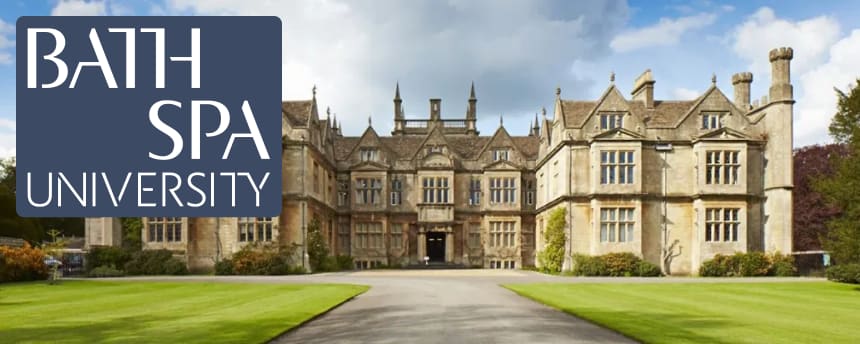

MY BROTHER'S KEEPER (Short film)
Log line: By facing his past will he set himself free? A short film about overcoming grief.
•SYNOPSIS
•
•Adam and his brother Max are inseparable. They do everything together. The boys go on a winter break with their mother to South Wales, a loved destination they visit every year. Their love of the freedom that the open countryside brings alongside the idyllic and safe community draws them in . They are trusted by their mother to go and explore as they please. They roam the ruins and secret gardens before encountering the coastline where they decide to go for a walk along the cliff . Max walks right along the edge and his brother tells him to stop playing as it isn’t safe. max slips and falls to his death. The family is overcome with grief. Years later, Adam returns to the scene and recounts the fond memories he shared with his brother until he reaches the shoreline. He replays the events that lead to his brothers death in his mind as he takes off his clothes and places them in a neat pile. The memory of how his mother blamed him for not taking care of his little brother is going through his mind as he enters the water. A dog walker on the hill sees what she thinks is a person going for a swim but when she eventually reaches the shore, there is no sign of the Adam; for the longest moment the dog walker looks out to the ocean and sees nothing. Adam is under the struggling for breath adamant that he is going to commit suicide. As he loses consciousness his life flashes before his eyes all the images he sees are empowering relinquishing the guilt that has plagued his life. He regains consciousness and fights to get to the surface and takes a deep breath of air as he breaks the surface. having had a life changing moment he comes to terms with the death of his brother then emerges from the water , out of breath but reborn in a sense.
Principle Photography will commence on the 31st of January 2022, completing by 4th February 2022, and will mostly take place in Port Eynon, South Wales. Some potential additional filming may place in Weston-super-Mare, North Somerset at a date to be confirmed.
Script Supervisors in film and television work as part of the camera department to make sure that the production has continuous verbal and visual integrity. They must ensure that when different takes and scenes are finally edited the production does not contain distracting continuity errors. Script Supervisors observe every shot closely and take precise and detailed notes to provide directors and editors with an authoritative reference. Script Supervisors work long hours and are involved during pre-production and principal photography. They may be required to spend long periods away from home. During pre-production the Script Supervisor will check the script for any inconsistencies, prepare estimated running times, and break down the script according to production requirements. They will develop story synopses and character breakdowns, checking the shooting schedule to ensure that all the required scenes are shot and adequately covered from all required angles, and working closely with directors to anticipate and solve any potential problems. On each day of principal photography, Script Supervisors file reports and photographic records for the previous day's shoot, and prepare all paperwork for post production. They check continuity requirements for each scene to be shot. During filming they closely monitor the script to check that no dialogue is overlooked, and cue actors where necessary. They keep detailed continuity notes and photographs or sketches of each actor and camera position for each shot. The detailed records they need to keep include all shot timings and camera movements, whether the scene is shot during the day or at night, any scene changes and their implications, all camera details including lenses and focal distances, and any inconsistencies. They liaise closely about continuity with other departments including costume, makeup and hair, props and lighting. Where pick up shots are required, Script Supervisors provide actors with dialogue start points, and exact continuity details. They also ensure that other departments are aware of the status of each shot, and that clapper boards are marked up accordingly. Where more than one camera is used, they ensure that each camera's output is accurately identified. They confirm directors' take preferences and note these for post production. They often assist sound mixers in taking additional notes of any recorded wild tracks or voice–overs. Script Supervisors retype scripts to reflect any major dialogue changes, and markup scripts with slate numbers, cut points, and other relevant details for post production. They prepare detailed daily continuity reports, editors' daily log sheets and daily production reports. They also provide production with records of the requirements for any outstanding shots or inserts. Script Supervisors may begin their careers as assistant production coordinators, or as production assistants in television. They may then progress to Script Supervision on 2nd camera shoots, and 2nd unit work, eventually becoming recognized Script Supervisors. Script Supervisors may also move in to other areas of production, including producing, writing, directing, editing, script editing.
Express Interest




